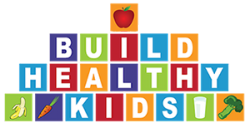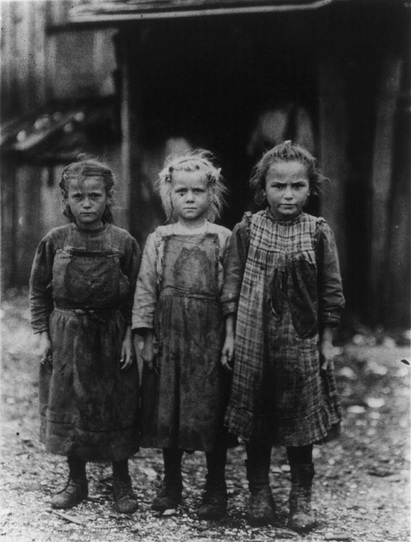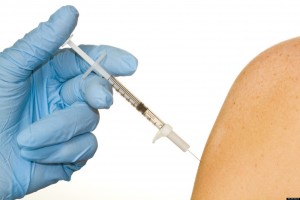 From today (1 October) it becomes an offence to sell anyone under the age of 18 an e-cigarette.
From today (1 October) it becomes an offence to sell anyone under the age of 18 an e-cigarette.
E-cigarettes were designed to help smokers quit by mimicking the effects of real cigarettes by producing a vapour which, while free of tar, for example, does contain nicotine which is addictive.
Specific legislation regulating e-cigarettes is due to be introduced next year. However, many people report e-cigarettes have helped them to reduce the number of cigarettes they smoke and ultimately quit.
The legislation has been introduced to help prevent young people taking up tobacco after starting smoking e-cigarettes: studies show that they are more likely to consider smoking after trying e-cigarettes, than not. However the number of children thought to be using e-cigarettes is still relatively low.
(more…)










